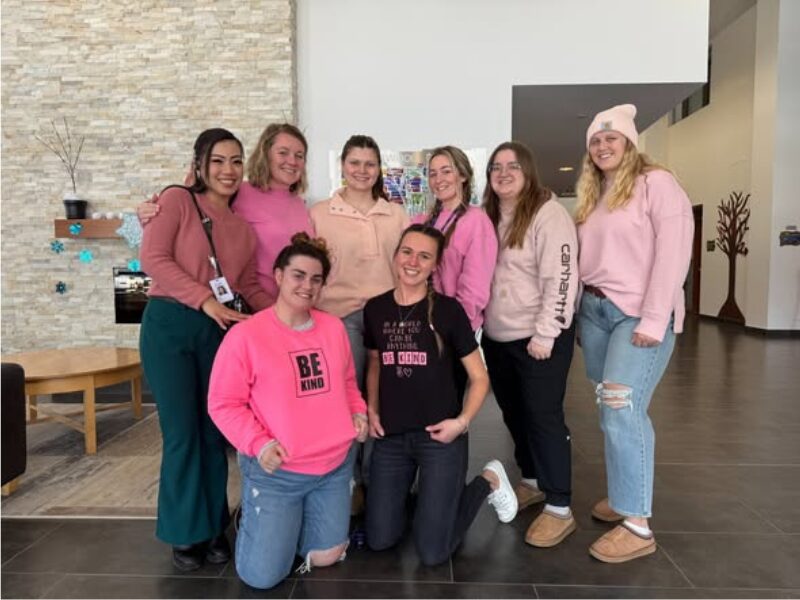Our Students’ Perspectives on Mental Health


On December 21, 2015, The Record published an article entitled “Gentle approach: Volunteer Tim Zuch helps troubled teens gain confidence at Lutherwood” about a wonderful volunteer and some of the patient work needed to reach young people who are learning to cope with mental illness. In my class at Lutherwood’s Children’s Mental Health Centre, the article inspired some great conversations (thank you The Record!) about the stigma of mental health, people’s perceptions and, most notably, the editor’s choice of describing the students as “troubled” and the writer for not interviewing any of the students (a decision of Lutherwood to protect the privacy of the youth in its care). What came through most clearly for me was my students’ desire to be heard—to tell their own stories in their own words rather than being the subject of another person’s story.
Knowing this, Lutherwood is using this blog post as an opportunity for some of my students to express their thoughts on mental health, the stigma and their experiences at Lutherwood. I posed three questions to them and these are their responses:
Tell me your thoughts on mental health
- “When people hear I have mental health problems, their mind goes to TROUBLED. They expect an immediate physical change, a freak out. When, in fact, we can look the most normal.”
- “Yes, some of us are law breakers and come from broken homes. But so do people without mental health [problems].”
- “[People] need to realize that they experience the same things we do (i.e. anxiety, sadness), but [we] just have it to a different extent.”
- “[In my case, mental illness] should be viewed for what it is, a chemical imbalance of the brain. It isn’t someone’s fault if they are depressed or have anxiety or even anger issues.”
Is there a stigma surrounding mental health and seeking help?
- “The stigma associated with mental health and getting help is that [people think] there’s something wrong with me, that I’m handicapped in the head.”
- “I think a lot of people look at [mental illness] as attention seeking, but it’s not!”
- I struggle with my mental health. I shouldn’t be looked at differently. I’m still ME. I’m still the person I was before you found out about my mental health. It’s not a switch. The stigma won’t end, but neither will mental health.”
Tell me about your experience at Lutherwood
- “I went from rock bottom to ‘I can actually function’. I went to all the hospitals, did their therapy, but no place has helped as much as Lutherwood. I’ve made amazing connections and hope others feel the same way.”
- “Everyone is nice here. And it feels like people actually care for you. And no one is left out.”
- “[Staff] are all so understanding. They give you space and time when you need it. There are so many support systems and so many skills I have taken in—and helped myself so much more.”
I am consistently impressed with the insight, intelligence and resilience that my students show me and this activity has proven to be no exception. This has served as a great reminder that we should not make assumptions about other people’s circumstances and that it is important to give a voice to those who may be feeling like they are not heard.
Instagram Feed
"As a newcomer, I encourage other newcomers not to be scared by job searching and to ask Lutherwood for help. There is no reason you cannot get a job if you work hard, are confident, and show your talents."












